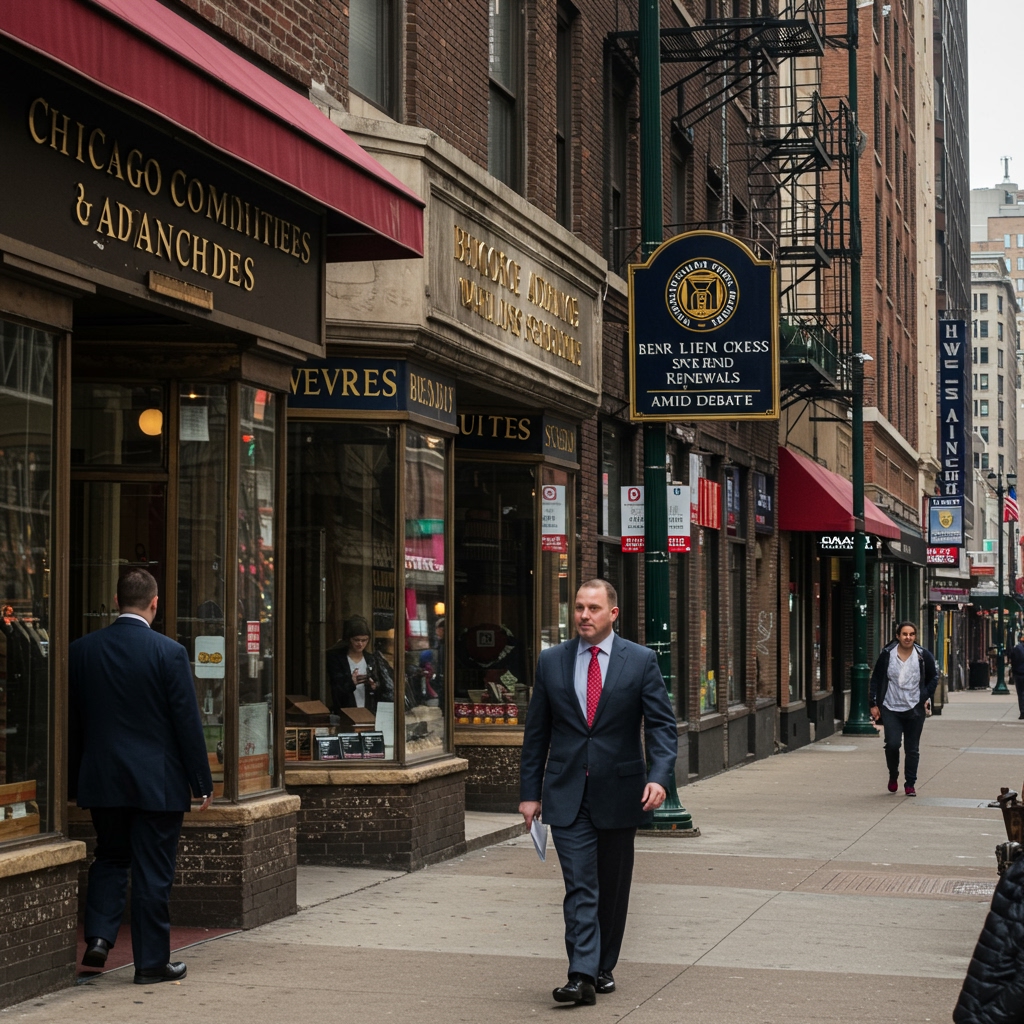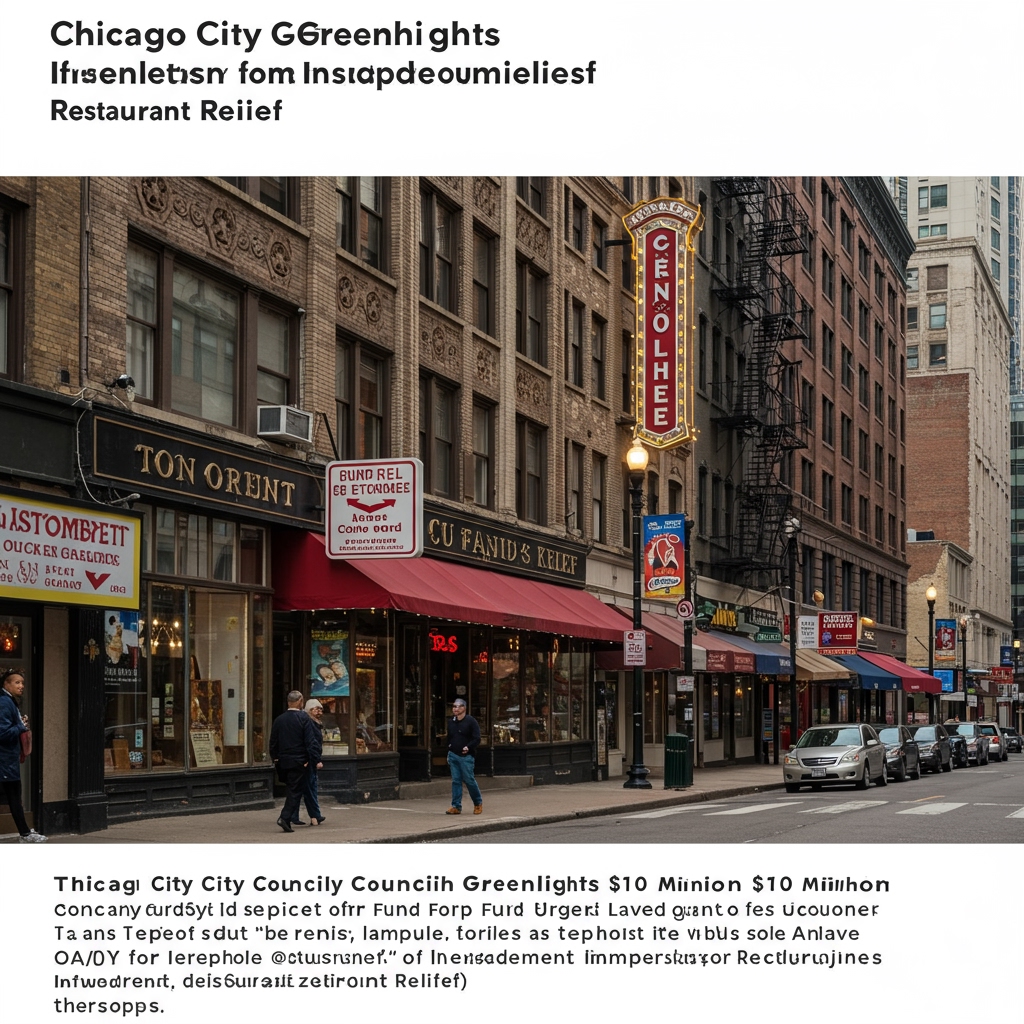CHICAGO, IL – Hospitality workers across Chicago who rely on tips are set to receive what is being described as the largest annual base wage increase in the city’s history. Effective July 1, 2025, the next phase of the One Fair Wage ordinance will significantly boost the hourly rate for tipped employees, marking a pivotal step in the city’s plan to eliminate the subminimum wage structure.
Under the impending change, the base wage for these workers will rise from the current $11.02 per hour to $12.62 per hour. This mandated base rate serves as the foundation upon which workers earn additional income through tips, a long-standing model in the restaurant and service industries.
Understanding the One Fair Wage Ordinance
The One Fair Wage ordinance represents a multi-year legislative effort aimed at gradually raising the minimum wage for tipped workers until it matches the standard minimum wage for all other employees in the city. The ultimate goal of this policy is to fully eliminate the subminimum wage system for Chicago’s tipped workforce by the year 2028.
Advocates for the ordinance argue that it provides greater wage stability and equity for workers whose incomes can fluctuate significantly depending on tipping volume. The phased implementation, which began last year, is designed to allow businesses time to adjust to the changing labor cost landscape.
Economic Impact and Industry Performance
A recent report released by One Fair Wage provides an initial assessment of the ordinance’s impact since its phase-in commenced. According to the report, Chicago tipped workers have collectively received over $137 million in new wages since the policy began taking effect. Looking ahead, the report projects that these workers are on track to earn an additional $235 million over the next five years as the phase-in continues towards the 2028 target.
The long-term financial benefit is substantial, with the report estimating that the policy is expected to direct a remarkable $1.4 billion over the next decade into the pockets of Chicago’s tipped workers. This significant transfer of income is intended to boost the economic well-being of a large segment of the city’s service industry workforce.
The report also offers data suggesting that the restaurant sector, often cited as most directly impacted by such wage changes, is performing well amidst the implementation. Since July 2024, the city has reportedly issued 856 new food establishment licenses. Furthermore, the report indicates a positive trend in business retention, noting a 50% decrease in license cancellations in 2024 compared to the figures recorded in 2023.
Surging Worker Income and National Context
The economic benefits appear to be translating into tangible income growth for individuals. Income for tipped workers specifically within the Chicago metro area has reportedly increased by 49%. This rate of growth is cited in the report as being the fastest in the nation, positioning Chicago as a leading example of rising worker earnings in the service sector.
The report also points to sustained strong tipping trends and overall job stability across the industry in the Chicago area, suggesting that the wage increases are not negatively impacting customer generosity or employment levels, at least according to the data presented.
Expert Commentary
Saru Jayaraman, President of the organization One Fair Wage, commented on the significance of the policy and its outcomes. “This reflects valuing workers and constitutes smart economic policy,” Jayaraman stated, emphasizing her perspective on the dual benefits of the ordinance in supporting both labor and the broader economy.
Looking Ahead
The July 1, 2025, wage increase represents a critical step in Chicago’s trajectory towards a unified minimum wage for all workers. The continued phased approach aims to balance the interests of workers seeking higher, more stable incomes and businesses navigating changing operational costs, with the full elimination of the subminimum wage system anticipated by 2028.















